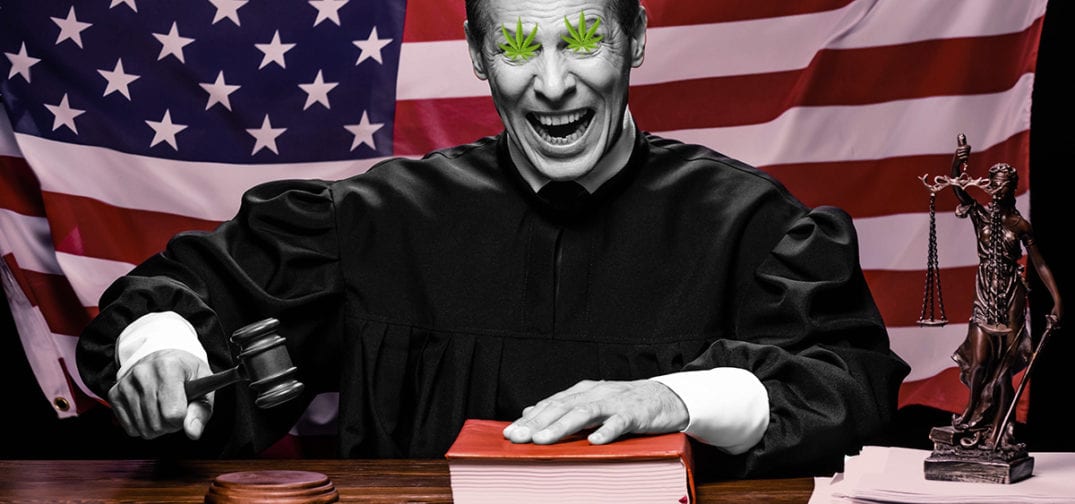An Alabama circuit court judge has denied a motion to release Sean Worsley, a disabled Iraq war veteran and Purple Heart recipient, from jail for cannabis possession citing previous convictions, failure to comply with “any condition of bond or probation,” Fox News reports.
In the denial, Judge Samuel Junkin noted that Worsley had previously “fled this jurisdiction both times he was released.” According to the report, following Worsley’s arrest in Alabama, he and his wife returned to Arizona where they faced homelessness and joblessness due to the case in Alabama.
The judge had received a community supervision agreement for Worsley, who is Black, that included an employment offer from BLOX LLC., an Alabama-based manufacturing, design, and construction company that included a promise from the company to help the Worsleys find stable, local housing. The agreement also included a letter of support from the Alabama Department of Veterans Affairs promising to advocate for Worsley to the federal VA. The package to the judge also included receipts showing that Worsley’s court costs and fees had been paid in full.
Pickens County is notorious for its racist history — the city hall is even said to be haunted by the ghost of a Black man who was killed while fleeing a lynch mob. Notably, the father of Judge Junkin was also a Pickens County judge who caused a national outrage over his harsh treatment of two Black women who were registering voters in their neighborhood.
From 2006 to 2007, Worsley served in Iraq as a combat engineer during “the Surge” — considered the most intense days of the war — clearing roadside bombs and improvised explosive devices. He suffered a traumatic brain injury, post-traumatic stress disorder, and a 100 percent disability rating from the VA.
Leah Nelson, a lead researcher with the Alabama Appleseed, said Alabama’s justice system “worked exactly as it was designed to” in Worsley’s case.
“The arresting officer, judge and prosecutor each exercised discretion at various points, but ultimately, what happened to Mr. Worsley is a predictable outcome of Alabama’s grossly punitive drug laws and the United States’ refusal to meet disabled veterans where they are or provide them with the services they need.” — Nelson to Fox News
Beau Armistead, a certified trauma professional who has offered Worsley one free Eye Movement Desensitization and Reprocessing (EMDR) therapy session per week for as long as he needs it, said that prison will likely cause Worsley’s PTSD to worsen.
“When you live with that level of hypervigilance and you’re in an environment that’s already stressful and chaotic and a bit scary, like prison, it just ramps that up and causes an extreme amount of stress,” he told Fox News. “In order to heal from PTSD, you have to be in a safe environment. If you don’t have a sense of felt safety, you can’t heal.”
Worsley’s wife, Eboni, said her husband has been “really, really, depressed” and urged people to “just to write to him if they can.”
He is currently in Pickens County Jail awaiting transport to state prison to begin serving a five-year sentence.
Get daily cannabis business news updates. Subscribe
End
